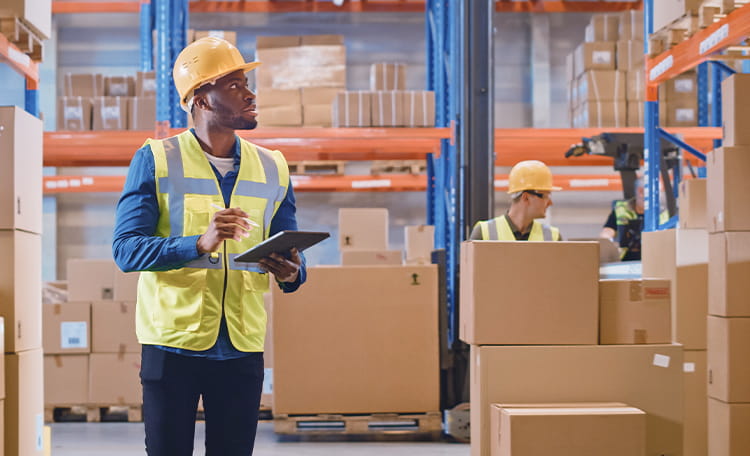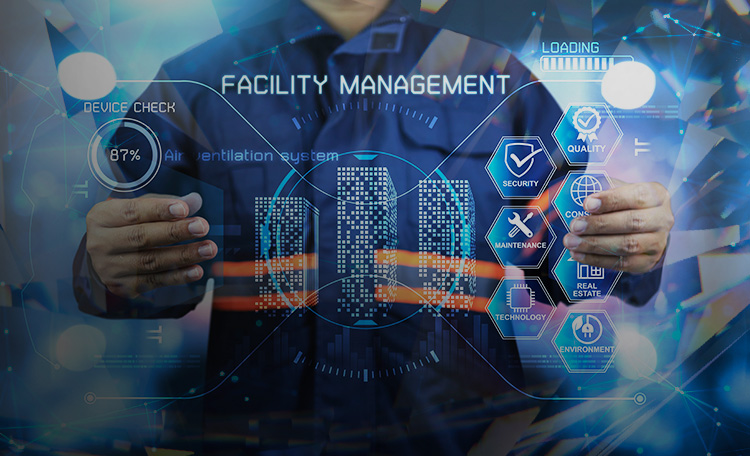When deciding to outsource your company's logistics, or even if you already have outsourced logistics, it is important that the logistics operator is a reliable business partner that you can count on to provide efficient and high-quality service, regardless of the type of service contracted. In addition to all the other factors involved, the success of your business depends on it.
Eric Ammirati, Location Manager at Cushman & Wakefield, says that Logistics Operators can be an excellent option for a strategic business partner: ''this makes it possible for you to have the entire process of storage, handling, inventory control, contracting transport, leasing equipment for moving goods, choosing the location of the distribution center, hiring specialized labor, among other activities, in the hands of a team specialized in this complex part of your business activity, being able to direct your time, effort and resources more strategically in the growth of your business'', he says.
As with other business partners, before hiring a logistics service provider, you should ask yourself some important questions. This information also serves to evaluate the work of current providers.
The relentless search for a competitive advantage in very competitive markets can certainly benefit from choosing the right logistics operator. Even for smaller or medium-sized companies, which may have different costs, being managed by a partner and in many cases diluted than if the company had to bear the entire infrastructure for storage and movement of its stock independently: ''Obviously , each company has a different need and is at a specific point in its business cycle and will need a customized solution,'' explains Eric.
Usually companies can act in two different ways in relation to the use of warehouses and warehouses:
1. Leasing the warehouse directly, following its assumptions and strategies, and then hiring a logistics operator to work “in-house”. In this model, the company maintains control over the lease contract and is free to hire and even replace the operator if the level of service is not satisfactory.
2. Hiring a logistics operator that will offer all the expected services and also offer space in one of your existing warehouses, or hiring a new space to serve your business.
Some key questions to get you started:
1. Operation safety and quality
Find out about the infrastructure of the company's facilities. Does the provider offer 24/7 security? Does the logistics warehouse have backup systems for energy and internet service? In other words, is the company guaranteeing uninterrupted service?
2. Operating costs
Fees for third-party logistics services are not the only fulfillment costs. Find out who bears the cost of errors, including packaging and shipping errors. Does the operator assume responsibility for lost or damaged goods? The costs of errors can ‘‘eat’’ part of your result.
Look for a logistics operator with a guarantee for this type of situation and with accurate inventory and customer service.
3. Freight
In some cases, the supplier may have contracts with major carriers. Simulate shipping costs for typical orders. Study about the location of the shed. Is it strategically placed? Can CD help your business achieve more cost-effective shipping?
4. Reputation
When choosing a third-party logistics operator, talk to both customers and the company. Online reviews can help you decide if service is right for your business, but there are other ways to do reputation research, and if possible, you should go through all of them:
Online reviews: Look for popular review and rating sites like Trustpilot, Google Reviews or Yelp.
Benchmark: list the best e-commerce companies you've had experience with and try to find out which logistics operators they are.
Industry associations: Abol and Abralog, in Brazil, for example. See the list of associates and their main clients. If possible, contact some customers for feedback.
These are just a few questions you should ask before hiring a logistics operator for your company. Bear in mind that the success of online retailing is directly linked to a good logistical service. For the customer, after the product, agility and quality in delivery are the main factors for a good experience. On the retailer's side, operational efficiency is imperative.

